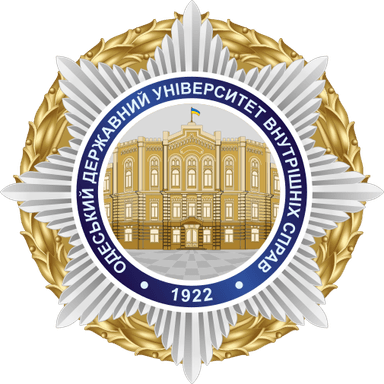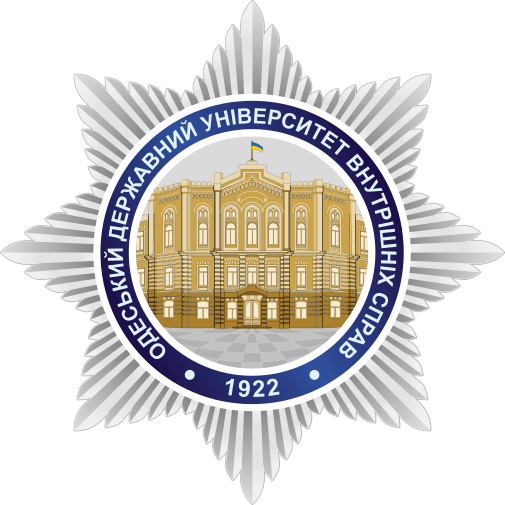Postgraduate education at the university meets the needs of the National Police of Ukraine to increase the level of professionalism and culture of professional staff capable of competently and responsibly performing their functional duties, facilitates the organization of the educational process in accordance with current legislation, and ensures the introduction of modern methods and technologies into the educational process.
The main tasks of postgraduate education are:
training in the necessary knowledge and special skills for the successful performance of duties, as well as the interests of society and the state;
updating and expanding knowledge, forming new professional competencies in psychological and pedagogical, research, organizational and managerial activities;
improvement of management skills, mastering methods of training and education of subordinates, implementation of scientific achievements, advanced forms and methods of work, basics of scientific organization of work;
formation of professional self-awareness, a sense of responsibility for one's actions, understanding of the need for continuous improvement of one's professional skills;
training in techniques and means of ensuring personal safety in the performance of official duties, during emergencies and in extreme conditions;
formation of high psychological stability, development of observation, vigilance, memory, thinking and other professional psychological qualities and skills.
Types of postgraduate education:
Advanced training - increasing the level of readiness of an employee to perform his/her professional tasks and duties or acquiring the ability to perform additional tasks and duties by acquiring new knowledge and skills within a professional activity or field of knowledge.
Advanced training of employees is carried out at the university for those persons who serve (work) in positions that, according to the classification of professions, belong to the categories of managers, professionals and specialists.
Employees undergo advanced training as needed, but at least once every 3 years, as well as before being appointed to a managerial position, including a higher managerial position than the one they hold.
Specialization is a component of the specialty that provides for a specialized educational and professional or educational and scientific training program for police officers.
Police officers who are subject to referral for specialization are:
transferred to another position, the performance of duties in which requires new knowledge, skills and abilities (the need to send such a police officer for specialization is determined by his/her immediate supervisor);
first recruited to the police;
appointed to positions in newly created police units.
Retraining is professional training aimed at mastering another profession by police officers.
Police officers who are first recruited to the police for positions that are classified as working personnel, upon transfer from central executive authorities, whose activities are directed and coordinated by the Cabinet of Ministers of Ukraine through the Minister of Internal Affairs of Ukraine, are subject to retraining.
Internship is the acquisition of experience by an employee in performing tasks and duties of a particular professional activity or field of knowledge.
Forms of education:
full-time (day, evening);
part-time (distance).
Organization of postgraduate education using distance learning technologies.
Distance learning is understood as an individualized process of meeting the needs for personal professional growth, which takes place mainly through the indirect interaction of participants in the educational process who are remote from each other in a specialized environment that operates on the basis of modern psychological, pedagogical, information and communication technologies.
The purpose of advanced training using distance learning technologies is to provide educational services through the use of modern information and communication technologies in training in certain specializations and advanced training programs, without interrupting the performance of official duties at the place of service.

